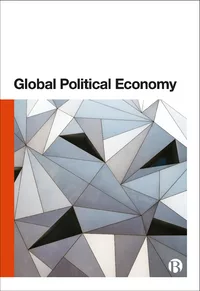New article, co-authored with Pádraig Carmody and Ricardo Reboredo, in Global Political Economy

Abstract
Since the mid-1990s the Chinese state and the country’s businesses have significantly increased their activity throughout the Global South. In International Development, China’s impacts on this varied meta-region have generated substantial interest in recent years due to their scale, scope and distinctive nature. Understandably, given the complexity of the subject, most analyses have focused on discrete aspects of Chinese engagement rather than attempting to undertake more comprehensive assessments around its nature and evolution. This article engages this lacuna by identifying the main vectors of China’s engagement in the Global South, and examining their adaptive nature. In particular it identifies the main channels of impact and intersection before focusing on China’s signature foreign economic policy, the Belt and Road Initiative (BRI), to ground the analysis. The article then examines the ways in which China is reconfiguring its foreign economic diplomacy in response to the issue of infrastructure-linked debt – perhaps the most controversial aspect of China’s growing global presence. We demonstrate that the Chinese ‘development’ policy is currently undergoing a substantial reorganisation towards soft power initiatives in response to (geo)political backlashes arising from the previous implementation of the BRI and the risks such loans present to the Chinese economy. We characterise this as an attempt at ‘normalisation’ of China as a ‘donor’, suggesting the power of global public opinion despite the ‘omni-channel politics’ and other power resources the country can bring to bear.
